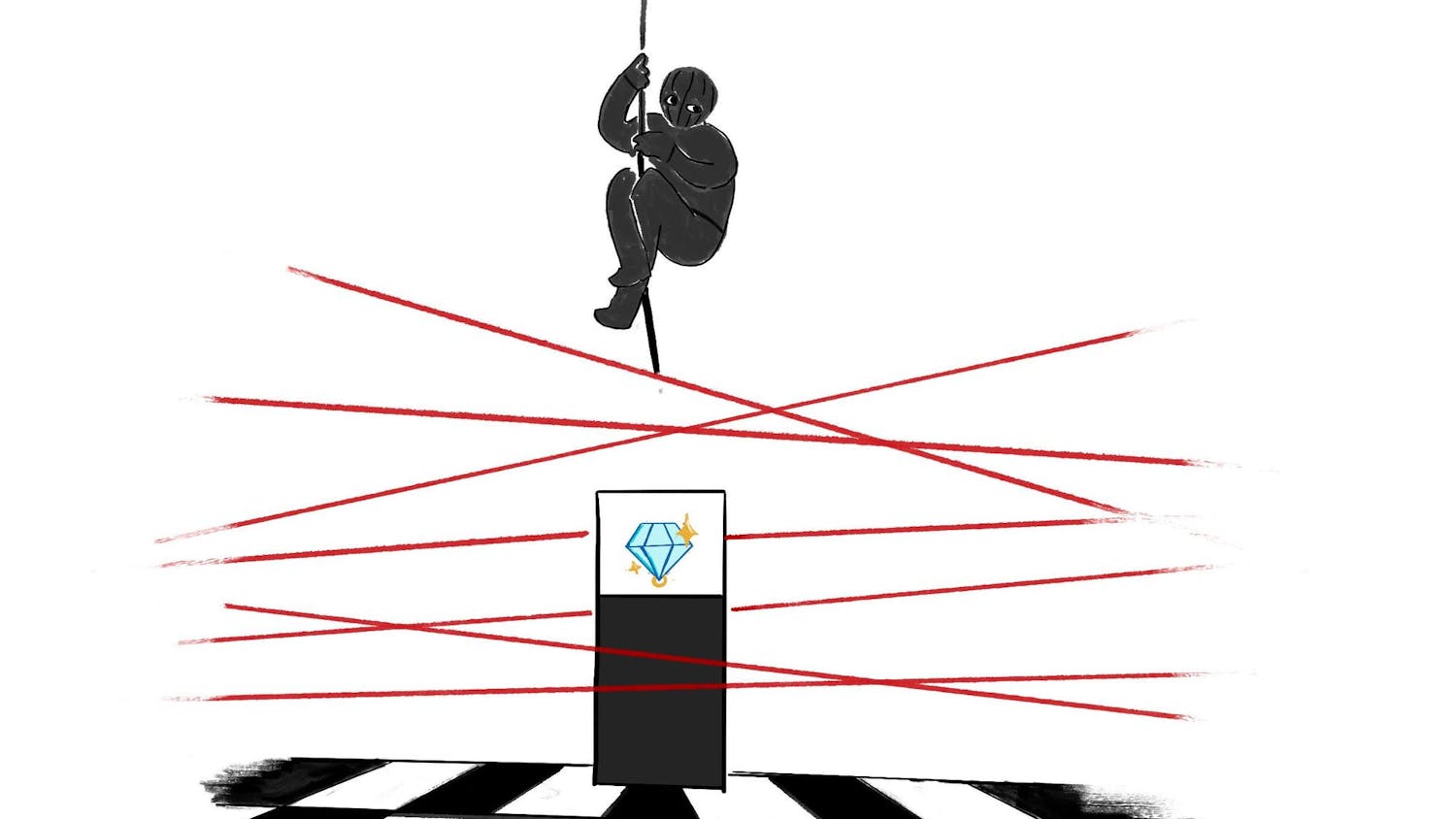We're all familiar with the old adage "Sticks and stones may break my bones, but words will never hurt me."
Pardon our French, but bullshit.
Whether we like it or not, certain words within our language are endowed with power beyond their original meanings.
These taboo words, curse words and words like "faggot" and the N-word, are viewed by many as intensely negative.
When people choose to use those words in a different meaning, in ways other than the widely-accepted negative meanings, conflict ensues.
Censorship is the natural enemy of creativity, and provocateurs will always continue to push the boundaries in the name of freedom of speech and expression.
Courtesy versus personal freedom.
Where do we draw the line?
Honestly, we're not entirely sure.
A key to the problem of taboo words is situation.
When we're with our friends, we use a different discourse than we would in a job interview.
The lack of formality and the familiarity we have with our friends let us know where the boundaries are. We know what they don't like to hear.
In different groups, different words are acceptable and taboo. No two are ever the same.
Observing your situation and taking stock of the people around you are
absolutely vital in treading the taboo word tightrope.
Some good advice might be to simply abide by the established conventions and mores of the society we live in.
If you can hear it on basic cable, it might not be so taboo any more, but if it's an HBO-only word, you might think twice before dropping it casually in conversation.
Showing respect for the potential taboos and bugaboos of others is the polite thing to do, and courtesy should be a virtue we all wish to have.
However, by declaring words to be off-limits, it creates a sort of appeal to use them.
Some of us also worry that by setting these words aside like lepers, you allow the negative power of that word to thrive and grow.
If you take ownership of the negative terms, you can try to reverse the hatred and sadness that accompanies those words.
Words are just words; it takes humanity to give them meaning and power.
If we choose to change the words and give them newer, more innocuous meanings, we destroy the power we gave them.
Taboo words don't allow us a simple black and white issue to give a concrete opinion on.
We're left with varying subtle shades of grey and a plethora of views.
What do you think?
Do you like this story? The Plainsman doesn't accept money from tuition or student fees, and we don't charge a subscription fee. But you can donate to support The Plainsman.




